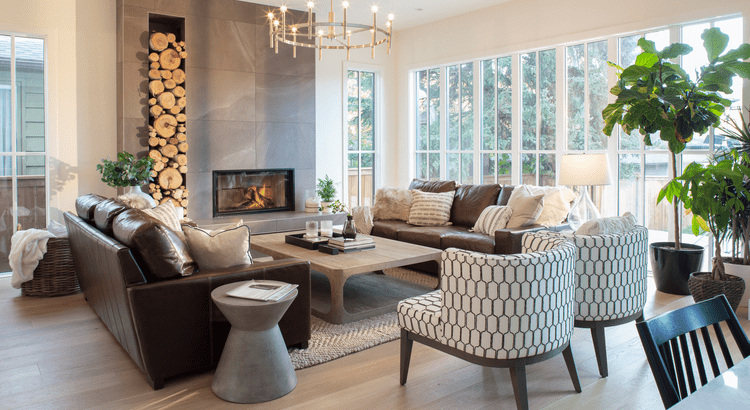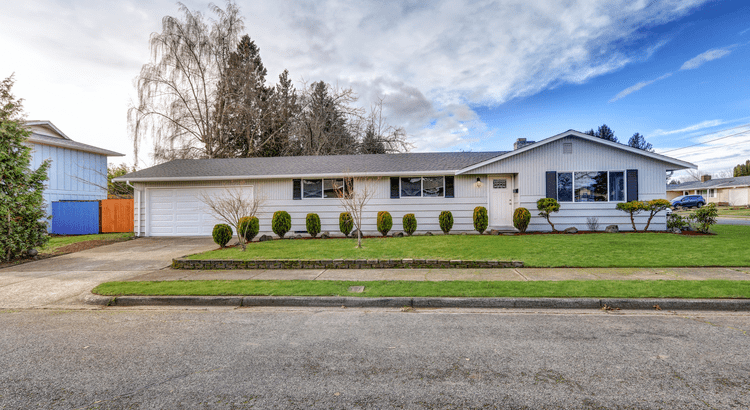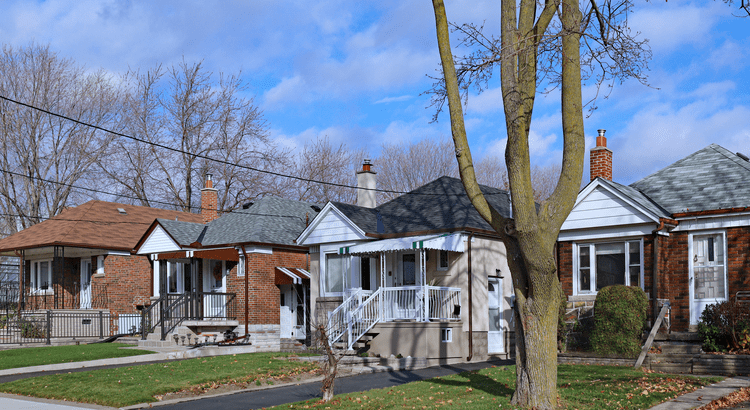
Why Right Now Could Be the Best Time To Buy a Brand-New Home
If you’ve been waiting for a clear sign to make your move into a brand-new home… this might be it. For the first time in a long while, the housing market is leaning in favor of buyers — especially those looking at new construction. Fresh inventory, flexible builders, and record-breaking incentives a

Why More Homeowners Are Finally Letting Go of Their 3% Mortgage Rate
For the past few years, millions of homeowners have shared the same thought: “I’d love to move… but I can’t give up my 3% mortgage rate.” And honestly? That feeling makes total sense. Locking in a record-low interest rate felt like winning the financial lottery. For many, it was the smartest money m

How To Find The Best Home Deals Right Now And Save Thousands In Today’s Market
Buying a home in today’s housing market can feel like trying to catch the perfect wave — you know the right moment exists, but timing everything just right seems tricky. Prices fluctuate, competition comes and goes, and headlines make everything sound overwhelming. So how do smart buyers find the
Recent Posts









